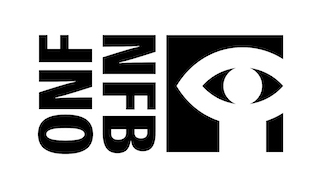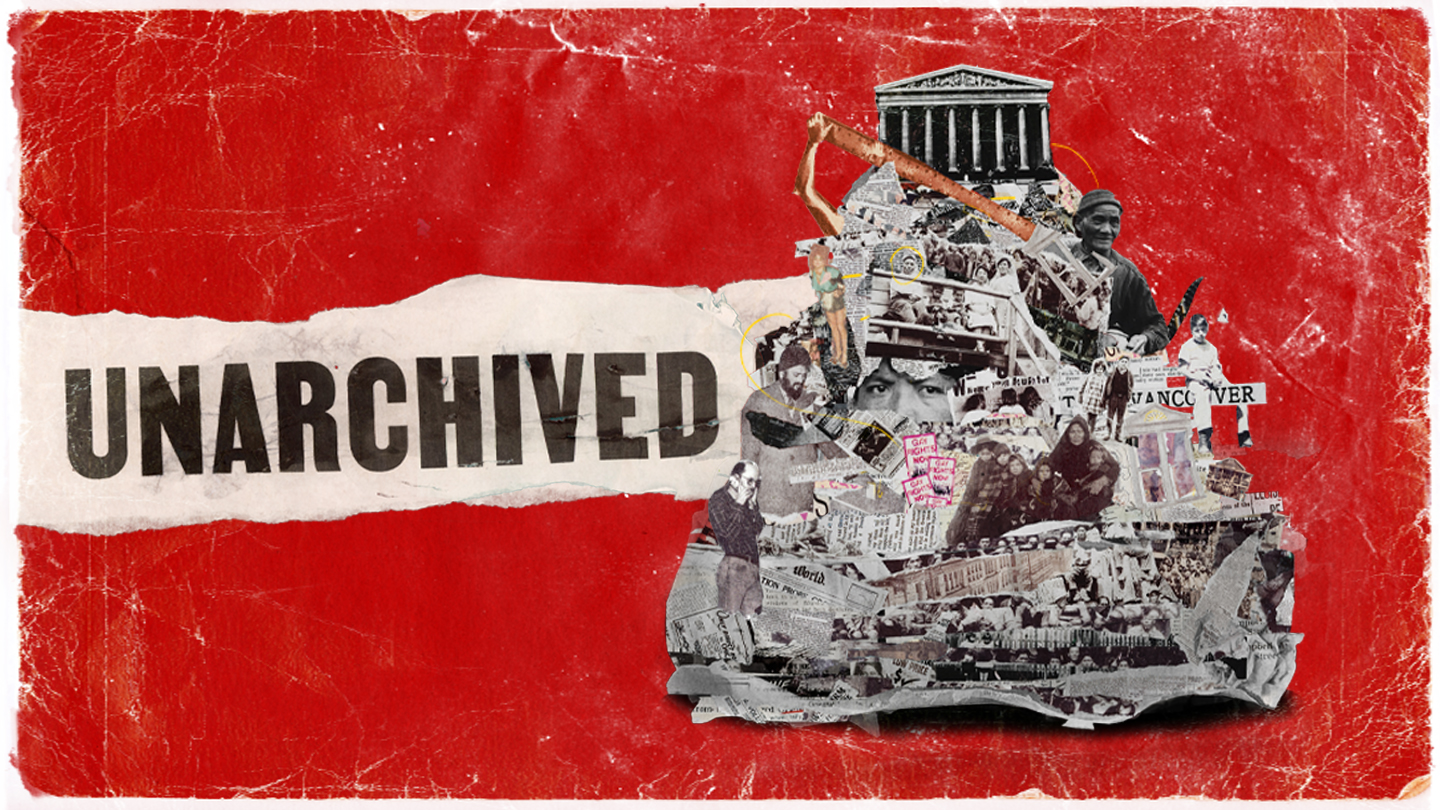Almost Live episode #154
“The past is never dead. It’s not even past.” – William Faulkner
In community archives across British Columbia, local knowledge keepers are hand-fashioning a more inclusive history through family photos, newspaper articles and scratchy old VHS tapes. These different collections tell stories of people building connection through work, play, protest, family and tradition.
In this feature documentary, co-directors Hayley Gray and Elad Tzadok highlight community archives across British Columbia to reveal some of what has been erased from the official record.
Through a collage of personal interviews, archival footage and deeply rooted memories, the past, present and future come together, fighting for a space where everyone is seen and everyone belongs. History is what we all make of it.
This documentary film is presented with audio description courtesy of the National Film Board of Canada – NFB/ONF.
This event will not be recorded.

Almost Live online Zoom events are designed for people who are blind and partially sighted, but everyone is welcome! Check your time zone with this handy Time Zone Converter
Registration is required for first-time attendees. You can sign up for one event or the whole season free of charge.
Synopsis
The people and places left out of traditional archives and museums are often determined by the dominant power, but as UBC’s Dr. Henry Yu states, “the process of silencing makes a lot of noise.” Local knowledge keepers are undoing these omissions and hand-fashioning a more inclusive history through family photos, newspaper articles and scratchy old VHS tapes.
Ron Dutton started the BC Gay and Lesbian Archive by collecting protest pamphlets, posters and even cabaret sets from the earliest days of Vancouver’s gay community. In the tiny mill town of Paldi, on Vancouver Island, a remarkable intercultural community was captured on Super 8 and 16-millimetre film by the founders and their families. On the landscape, anthropologist Dr. Imogene Lim points out how plants serve as reminders of Asian communities long gone.
These different archives tell stories of people building connection through work, play, protest, family and tradition. In so doing, they challenge larger institutions to re-examine and address older narratives that no longer reflect the totality of our shared experience. At the Trans Archive at the University of Victoria, a hidden past is documented and preserved. At the Royal BC Museum, staff work tirelessly to right historical wrongs and find a new path towards restorative justice for Indigenous people.







